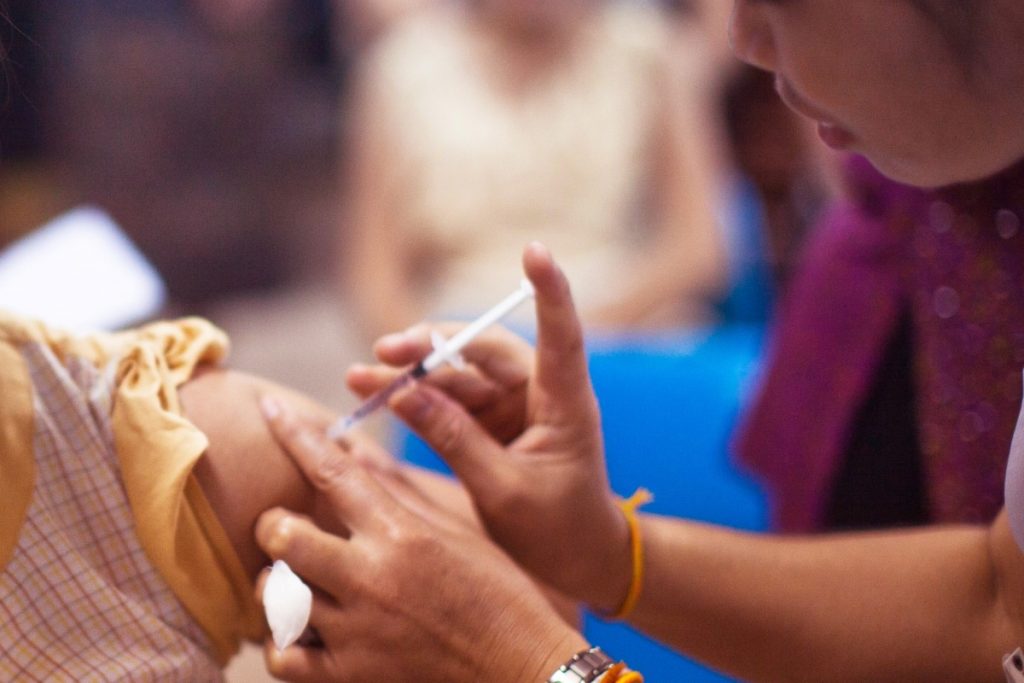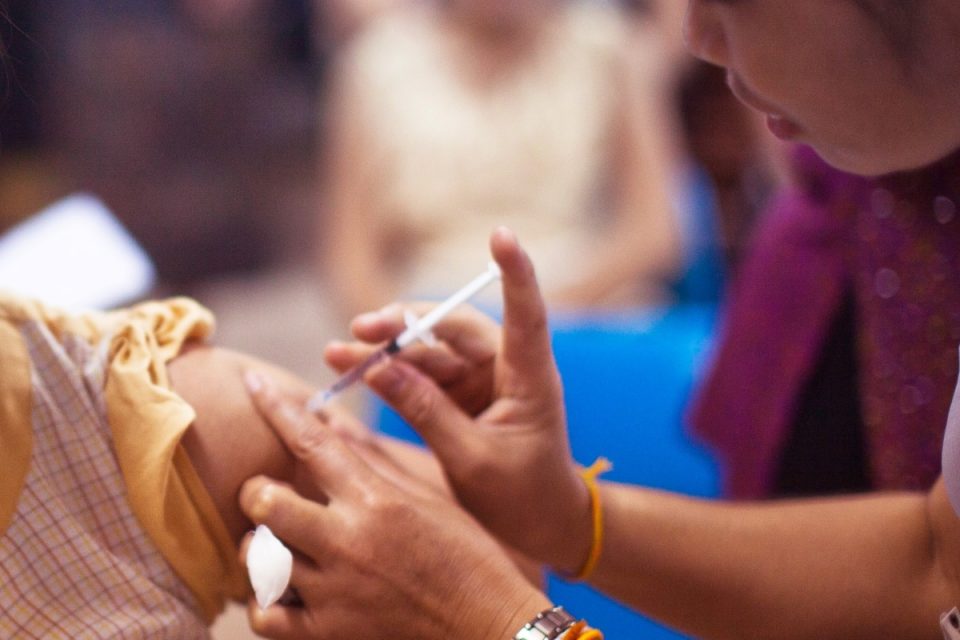
SHAH ALAM, Dec 10 — The polio outbreak in Malaysia that has reemerged after 27 years is the same virus that is currently spreading in the southern Philippines, the World Health Organisation (WHO) and the United Nations Children’s Fund (Unicef) confirmed.
In a joint statement yesterday, the two world bodies said that the poliovirus infected by the three-month-old infant in Tuaran, Sabah is a rare strain of poliovirus called circulating vaccine-derived polio (cVDPV) Type 1.
“These polioviruses only occur if a population is seriously under-immunised.
“The Sabah polio case is genetically linked to the ongoing poliovirus circulation in the southern Philippines, which declared an outbreak of polio on 19 September 2019.
“Polio spreads in populations with low immunization coverage. The virus has the potential to cause paralysis or occasionally death,” the statement read.
Testing conducted by the WHO’s Regional Polio Reference Laboratory in Melbourne, Australia on December 6 confirmed that the Sabah child was infected by the disease, which caused him to develop fever and paralysis on October 26.
The two bodies noted that the last case of the highly infectious disease in Malaysia was in 1992.
“We are deeply concerned about the confirmed case of polio in Sabah,” said WHO representative in Malaysia, Dr Ying-Ru Lo, in the statement.
“WHO, alongside Unicef, stands ready to support the Health Ministry in responding to this outbreak and ensuring that all children in Malaysia receive the full protection of polio vaccines.”
Meanwhile Unicef representative in Malaysia Marianne Clark-Hattingh stressed that vaccination is the only effective way to protect children from the infectious disease.
“We must make it a priority to stop its transmission so that every child, regardless of their economic status or origin, is protected against this terrible disease,” she was quoted in the statement.
The two world bodies said that they are assisting Malaysia with technical advice on the outbreak response, on-the-ground monitoring and support for risk communication.
Yesterday, Health Minister Dzulkefly Ahmad said the infant started showing symptoms of the virus infection before getting his second vaccination shot.
The ministry recommends three doses to be completed to prevent children from being infected with the disease.





